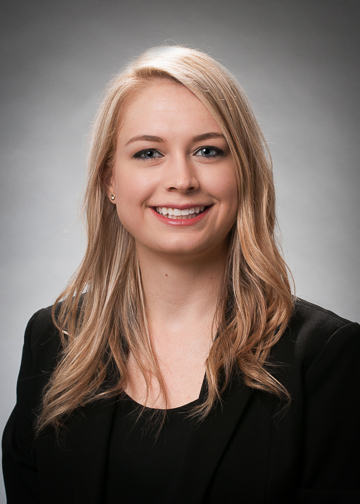On a camping trip to the Michigan’s Upper Peninsula last summer, I had the distinction of being our cohort’s sole expert on the waterfowl skimming the waves of Lake Superior. Many thanks to my undergraduate degree in Behavioral Neuroscience, where I studied (among other things in the liberal arts model) courting and copulation in North American bird species. By my senior year, I had pivoted away from animal studies to pursue a more human-oriented training in the sciences. Fewer feathers, more pharmacology. And yet, I occasionally reach back and reflect on my work as a pharmacologist through the lens of a behavioral neuroscientist.
This month I’ve been chewing on the concept of “flow,” established by the positive psychologist Mihaly Csikszentmihalyi in his seminal work, Flow: The Psychology of Optimal Experience. He theorized that people are happiest when they reach a state of “flow” – complete focus and absorption in the work at hand. Flow is a universal experience that can be extended to many types of activities where your mind is stretched and your skills are engaged to accomplish an intrinsically rewarding challenge. I’d argue that this includes lab work. Now in the final stretch of my degree, my schedule is pleasantly full and data collection is more satisfying than ever. I’m arriving at work early, staying late, and getting in the zone at the lab bench.
I’m finding flow as a scientist…
- In the meditative practice of loading a PCR plate. Your attention is focused on the feeling of the pipette gripped in your hand, and your breathing synchs with your movements between the tubes of samples and the 96 wells in the plate.
- In an exploratory dive into the literature. A hot coffee on one side, your favorite pen and a new notepad on the other, and time falling away as the day transforms into a slurry of abstracts and hypotheses.
- Immersed in data analysis. You’ve circled the area of interest on a histology slide, plugged some commands into ImageJ to quantify it, and the numbers fall neatly down the rows to populate your Excel template.
Finding flow in the workplace is said to enhance positivity, increase performance, and spur creativity. To bookend this summer of research, I’d like to offer well-wishes to the Early Career Voices readership community. I hope that you are all able to reach a happy state of “flow” in all your current pursuits, scientific and otherwise.

Annie Roessler is a PhD Candidate at Loyola University in Chicago, IL. Her research focuses on the neurobiology and molecular mechanisms of electrically-induced cardioprotection. She tweets @ThePilotStudy and blogs at flaskhalffull.com